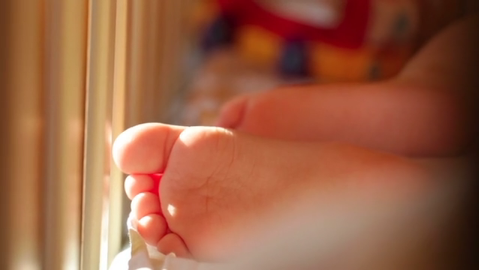Build Cognitive Resiliency, Prevent Demetia
‘FIND A WAY’
In Diane Nyad's Ted Talk, she used the phrase "Find A Way ", during the 52 hours of swimming shark-infested waters from Cuba to Florida. She was the first person to accomplish this feat of athletic endurance. Remarkably this was her 5th try. Her talk inspires me to keep searching for ways in which to prevent and treat dementia. We keep finding our way.
Resiliency and Neuroplasticity
Brain Health means you are creating cognitive resiliency by optimizing your brain-body health. Resiliency implies protection and that is exactly what you are producing in the brain when you take practical steps towards what is good for your brain. Making these changes is what resiliency and brain health are all about. Each informs the other.
The brain is changing every second of every moment, remodeling itself via neuroplasticity by forming new neuronal connections, synapses, chemical, and functional changes. Neuroplasticity is the scientific discovery that brains do not stop growing but continue to be modified throughout our lifetime. Brains change depending on what we provide it. In other words, this begs the question, what are you feeding your brain today and day in and day out? Neuroplasticity can work in positive or negative ways. If you practice a little bit each day on your ukulele like I should do, but don't always do, you will learn a piece of music quicker and it stays with you longer. This is neuroplasticity at work. If on the other hand, you focus on an area of pain often enough, those same synapses that helped you remember the piece of music, aid you in remembering the pain. Unfortunately, this can signal the process of developing chronic pain, whereby neural circuitry grows to accommodate what we experience. Each synapse is learning and remodeling to ensure that you and I will remember. Neuroplasticity is constantly adding to what we think, see, feel, and hear in the world we live in. And it can work for you or against you.
Are there things that I can do to increase my cognitive resiliency, and memory, and improve my neuroplasticity?
Yes. As we go through the list below keep in mind anything you practice you will become good at as you develop healthier habits. Learning is another way of illustrating cognitive resiliency. Remember learning does not always mean downloading more information into your very own cerebral computer, it means having fun, resting, and being mindful.
Here are a few BRAIN-BOOSTING habits that we know are good for your brain and improve memory from our SLEDS acronym:
S= Sleep: you need 7-8 hours
L=Learning: Make lifelong learning a priority
E= Exercise daily make it a priority
D= Optimize your diet and weight
S= Reduce Stress and Socialize regularly
Resources
1. Dr. Lara Boyd's Ted Talk describes how neuroplasticity gives you the power to shape the brain you want. Your brain is always changing. It's what we practice that makes the difference
2. "The Human Longevity Project Documentary" is a series based on the world's healthiest centenarians and shows how to apply their wisdom in order to achieve a healthier lifestyle.
3. Dr. Elizabeth Blackburn, biologist and winner of the Nobel Prize for Science; about her work on Telomeres and how they relate to resiliency.
4. Performance and Sleep Technology Information on the Effects of Blue Light on our Sleep and Health
5. Something Huge is Going on in the Cholesterol World Information on L(a) an inherited risk factor for inflammation and cardiovascular disease.
Resources for Sleep
The Science of Sleep — by Michael Finkel, photographs by Magnus Wennman
STAGES OF SLEEP
In this piece, author Michael Finkel breaks down the stages of sleep, their importance, and the incredible risk of missing out on rest.
DEPRIVATION EPIDEMIC
According to the U.S. Centers for Disease Control and Prevention, more than 80 million American adults are chronically sleep deprived, meaning they sleep less than the recommended minimum of seven hours a night.
THE RISK OF SLEEPINESS
While the proliferation of light and digital devices has made sleep the adversary to a non-stop lifestyle, lack of sleep has shown an increased risk for illnesses such as diabetes, heart disease, and dementia. Sleep, scientists find, maybe more important than food
Scientist Warns Against Walking Through 'Life in An Underslept State' — Matthew Walkers Interview on NPR's "Fresh Air"
How to Sleep Better: Simple Rules For Getting Better Sleep — Ideas for Sleep Hygiene
Getting Enough Sleep and Your Health — National Graphic Article
